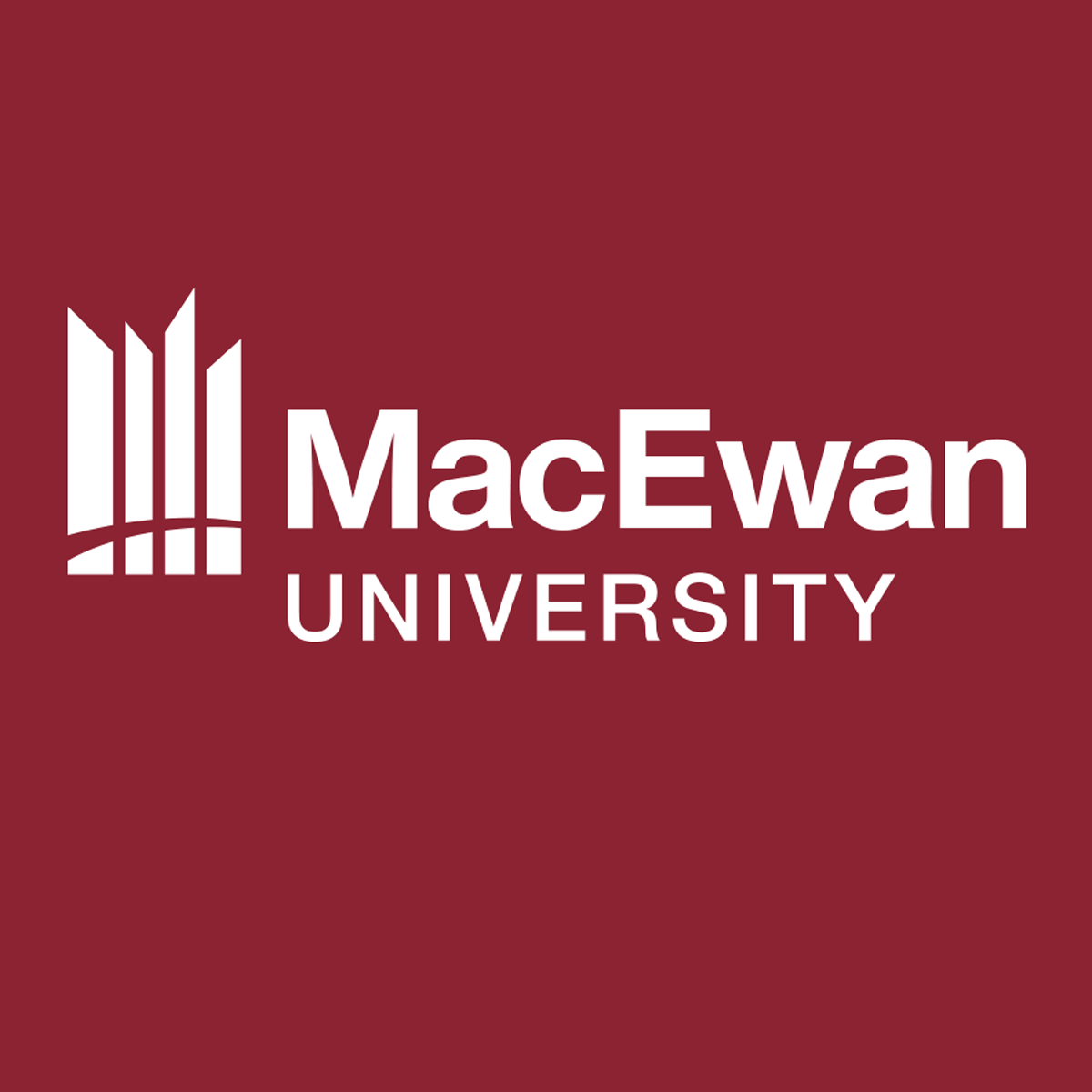- Location
- Edmonton, Alberta, Canada
- Portals
-
-
 Edmonton, Alberta, Canada
Edmonton, Alberta, Canada
-
Latest feedback
Experience feedback
Experience feedback
Experience feedback
Achievements
Recent experiences
Fall 2025 - STAT 372 – Applied Multivariate Analysis and Machine Learning
STAT 372
This applied statistics project connects your organization with upper-year undergraduate students trained in data science and multivariate analysis. Students will use advanced statistical techniques and machine learning algorithms to uncover actionable insights from a dataset you provide. Working in small, self-assigned teams, students will apply techniques such as Principal Component Analysis (PCA), clustering, and discriminant analysis to explore data patterns, reduce dimensionality, and identify drivers of key outcomes. The focus is on real-world application and communication of findings in a clear, stakeholder-ready format. Student Capabilities Pre-existing skills: Statistical computing and data visualization in R Matrix algebra and multivariate statistical foundations Data cleaning, wrangling, and exploratory analysis Skills developed through the project: Principal Component and Factor Analysis Discriminant and Cluster Analysis Canonical Correlation Machine Learning Applications (e.g., classification, unsupervised learning) Executive communication and stakeholder storytelling Team-based project management How Students Will Support Your Organization Students will: Analyze a clean, pre-prepared dataset provided by your organization Apply multivariate and machine learning methods to uncover patterns, trends, and relationships Visualize results using compelling charts and summaries in R Translate complex findings into clear, actionable insights for non-technical stakeholders Work collaboratively with you to ensure alignment on project goals and outcomes Time Commitment 25 hours per student (approx. 100 hours per team of 4) Minimal lift for your organization: Provide a clean dataset and brief background at project start Optional mid-point check-in Attend final presentation and offer feedback
Fall 2025 - Political Science Field Placement
POLS 495
Political Science Field Placement Program A political science field placement course offers students the opportunity to apply their academic understanding of political systems, public policy, and governance by completing a placement within a related workplace. Political science majors are well-prepared to contribute across a range of sectors, including public administration, non-profit advocacy, policy analysis, and international relations. During the placement, students bring strong research and analytical skills, an understanding of governance structures, and the ability to work both independently and collaboratively. Employers can expect students to provide valuable insights, adapt quickly, and bring fresh perspectives to policy and political challenges. Skills: Technical Skills: Policy analysis and research methodology Data analysis and visualization Understanding of governance, political theory, and legislative processes Soft Skills: Critical thinking and problem-solving for policy issues Effective written and verbal communication, particularly in public and policy contexts Team collaboration and project management skills, including deadline management and organization
WINL 301 - Summer Intake - Arts & Science Disciplines Placement Program
Students in their 3rd and 4th years can participate in these placements. Students will be from a wide degree of majors in the Bachelor of Arts and Bachelor of Science programs. You can expect students to have a solid foundation of knowledge in their program discipline and be capable of working at a fairly independent level (with mentorship and feedback regularly provided throughout the placement). Roles offered to students should reflect early-career level work for their discipline. Bachelor of Arts Majors include: anthropology, economics, English, history, philosophy, political science, psychology, sociology Bachelor of Science Majors include: applied statistics, biological sciences, chemistry, computer science, mathematical sciences, mathematics, physical sciences, psychology
FALL 2025 - Policing and the Community
SOCI 428
We are seeking community and organizational partners to submit projects related to policing, public safety, and justice for our Sociology 428: Policing and the Community Course. This is a senior-level course examining the relationship between police services and the communities they serve, with a focus on ethical decision-making, systemic disparities, community perceptions, and strategies for meaningful reform. About the Students Students enrolled in this course are in the final stages of their Sociology degree and bring strong academic and practical skills to the table: Skills Students Already Have Advanced research and evaluation methods Critical thinking and sociological analysis Understanding of systemic and institutional issues Communication and presentation skills Experience working in teams Skills to Be Developed Through the Project Community engagement and needs assessment Designing and implementing campaigns/initiatives Developing practical tools and recommendations Applying theory to organizational and social challenges Project management and collaboration with external partners
